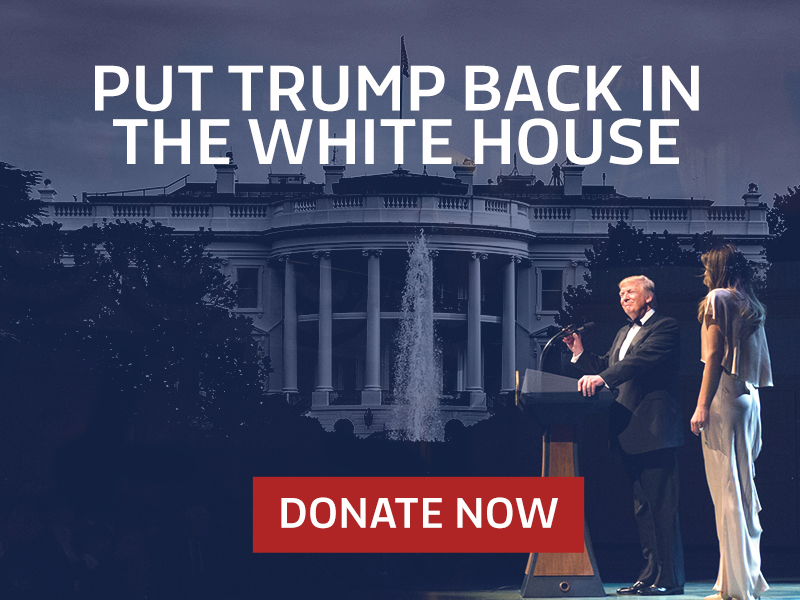The Trump administration’s full-court press against China is going strong, buttressed by a dramatic shift in opinion among the foreign-policy community, now increasingly critical of Beijing. Trade talks are continuing, and for the nonce, the administration does not seem to setting itself up for a quick deal that will be all smoke and no fire. The longer the trade spat goes on, however, the closer to the election it gets, and the pressure on the president to show some type of “success” will grow. For now, however, Beijing has to be recalculating how long it wants to keep fighting, given the sharpening of its economic slowdown and the sharp drop in U.S.–China trade, shrinking the bilateral trade deficit by 15 percent.
Meanwhile, Trump continues to tighten the screws on Huawei, a campaign which has run into numerous obstacles from allies wary of taking on China. Washington got some support this week from London, which released a report slamming Huawei’s 5G security vulnerabilities. While the Brits continue to shy away from a full ban on Huawei for their 5G network, the highlighting of Huawei’s empty promises to fix security weaknesses helps Trump’s broader argument that the company can’t be trusted.
And, for the third straight month, U.S. naval vessels (this time, including a U.S. Coast Guard ship) transited the strategic Taiwan Strait, sending messages to China that American warships won’t be deterred from sailing throughout the region. While the “freedom of navigation” operations won’t change China’s policy in the South China Sea, nor will they frighten Beijing into giving up its new bases in the Spratly and Paracel Island chains, the forward-leaning operations of the U.S. Pacific Fleet are a welcome turnaround from the Obama-era reticence to antagonize China.
So, what does this all mean? Is it crunch time in Sino–U.S. relations? Is one side going to blink, or are we headed into an extended period of enhanced competition now that Trump has overturned nearly 40 years of diplomatic practice between Washington and Beijing? My bet is on the latter, but that means that America will have to gird its loins, to resurrect Joe Biden’s infamous phrase, to see through its new policy. Otherwise, a U.S. backdown will only embolden Beijing, which will make the (likely correct) assumption that it has absorbed everything the Americans are willing to throw at it, and now can move ever more aggressively ahead.
Shameless plug time: if you’re trying to keep score in Asia, please tune in to my new podcast, Pacific Century, co-hosted with John Yoo. We’re running it out of our home base at the Hoover Institution, and this week, we welcome Hoover Senior Fellow and acclaimed historian Niall Ferguson, who shares his thought from a recent trip to China and Japan, and asks whether we are in a new cold war with China. We’ll have other guests in coming weeks, including H. R. McMaster. As far as we know, it’s one of the only (perhaps the only) podcasts devoted to looking at the vast Indo-Pacific region and what it all means for America.




